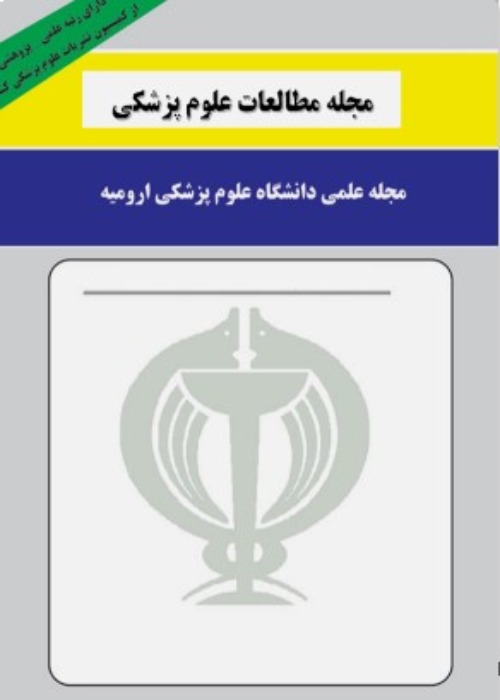THE EFFECT OF FERULIC ACID IN PREVENTION OF LEARNING AND MEMORY DEFICIT AND HIPPOCAMPAL INJURY IN RATS UNDER CHRONIC TREATMENT WITH DEXAMETHASONE
Long-term exposure to glucocorticosteroids is associated with brain damage through augmenting oxidative stress and apoptotic cell death. Due to the anti-oxidative and anti-apoptotic effects of ferulic acid (FA), its effect on learning, memory, and protection of the hippocampus in dexamethasone (DEX) treated rats were investigated in this study.
This experimental study was conducted on 32 male Wistar rats. Neural injury was induced by injection of 500 µg/kg/day of DEX for 3 weeks. Treatment groups received oral FA (50 mg/kg/day) for 3 weeks. At the end of 3rd week and following evaluation of learning and memory by passive avoidance and novel object discrimination (NOD) tests, some related factors of oxidative stress and apoptosis in hippocampal homogenate were measured and number of neurons in hippocampal CA1 area was also counted.
Step-through latency and discrimination index were significantly higher in FA-treated DEX group than DEX group. FA-treatment of DEX group was associated with lower levels of MDA, caspase 1, and caspase 3 but higher activity of superoxide dismutase (SOD). Meanwhile, CA1 neuronal density was significantly higher in FA-treated DEX group.
Taking ferulic acid simultaneously with long-term administration of dexamethasone prevents the occurrence of learning and memory disorders and hippocampus damage, and part of its beneficial effect is done through reducing oxidative stress and apoptosis.
- حق عضویت دریافتی صرف حمایت از نشریات عضو و نگهداری، تکمیل و توسعه مگیران میشود.
- پرداخت حق اشتراک و دانلود مقالات اجازه بازنشر آن در سایر رسانههای چاپی و دیجیتال را به کاربر نمیدهد.


